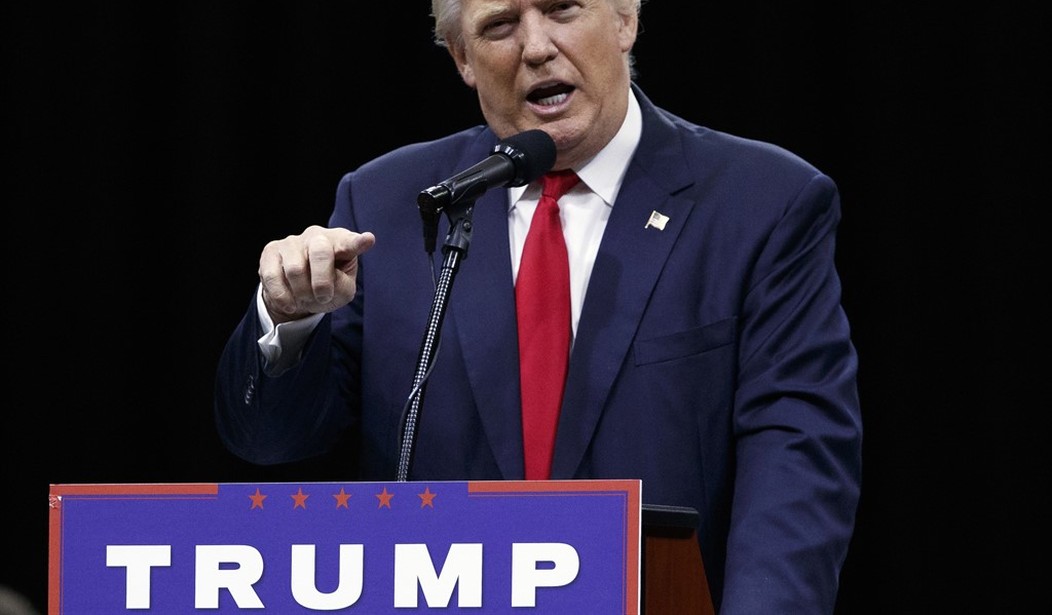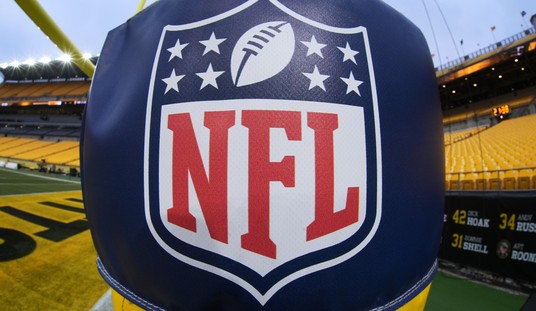This week, President-elect Donald J. Trump will be sworn in as the 45th president of the United States. His election is the 58th election of a United States president since we declared our freedom from Great Britain. While there is much media attention regarding those who are protesting, a bit of history might provide a different perspective.
The first inauguration was scheduled to be held Wednesday, March 4, 1789, by the Confederate Congress. Cold weather in New York (the nation's capital at that time) led to a delay in the official start of government. After the legislative bodies met and counted the electoral votes George Washington, the victor, traveled from his home in Mount Vernon, N.Y., to New York City to take office. He was sworn into office on April 30.
After taking the oath of office, Washington and the members of the legislature moved into the Senate Chamber, where he gave his inaugural address. Washington was reluctant to take office, and when he did, he deferred to the "Almighty Being," and recognized our responsibility and duty. He said that his "first official Act" would be "my fervent supplications to that Almighty Being who rules over the Universe."
Washington continued, noting the "indissoluble union between virtue and happiness, between duty and advantage, between the genuine maxims of an honest and magnanimous policy, and the solid rewards of public prosperity and felicity."
When President-elect Donald Trump takes his oath of office, he will use two Bibles, one given to him by his grandmother, and the second, the Bible used by Abraham Lincoln in his first inaugural address. This same bible was used by Barack Obama for his 2009 and 2013 inaugurals.
Lincoln was elected president as the nation was moving toward war. He received less than 40 percent of the popular vote, but carried 59 percent of the electoral votes. Between his election and his swearing-in, seven states -- South Carolina, Mississippi, Georgia, Florida, Alabama, Louisiana and Texas -- seceded from the Union.
Recommended
But Lincoln was determined not to let the nation splinter apart. In his first inaugural address, he stated: "I am loath to close. We are not enemies, but friends. We must not be enemies. Though passion may have strained it must not break our bonds of affection. The mystic chords of memory, stretching from every battlefield and patriot grave to every living heart and hearthstone all over this broad land, will yet swell the chorus of the Union, when again touched, as surely they will be, by the better angels of our nature."
He gave this address while standing in front of the half-completed U.S. Capitol dome, from whose top a crane was protruding. Lincoln, determined to prove the country would survive, continued construction during wartime. By his second inaugural address, the dome would be completed. The war would end a little over a month later.
When President Obama gave his farewell address last week, he referred to American exceptionalism. "A great gift that our Founders gave to us: The freedom to chase our individual dreams through our sweat and toil and imagination, and the imperative to strive together, as well, to achieve a common good, a greater good...So that's what we mean when we say America is exceptional -- not that our nation has been flawless from the start, but that we have shown the capacity to change and make life better for those who follow."
While his statement might be correct, America is exceptional, what Obama missed is that America is exceptional not because of who we are as individuals, but because of the model of self-government that our Founding Fathers created that we continue to practice today. We recognize that each of us was created by God and given certain unalienable rights: life, liberty and the pursuit of happiness. We then loan these rights to the government, which we replace if it fails to heed the will of the people.
This exceptionalism, people being in charge -- that's what led Donald Trump to victory. People tired of big government, tired of others in a far-off cities telling them what to do, what to think; people willing to elect an outsider with no government experience just to bring change to Washington. This election itself is an example of American exceptionalism at work.
So this week, enjoy the peaceful transfer of power -- the greatest show on earth.

























Join the conversation as a VIP Member